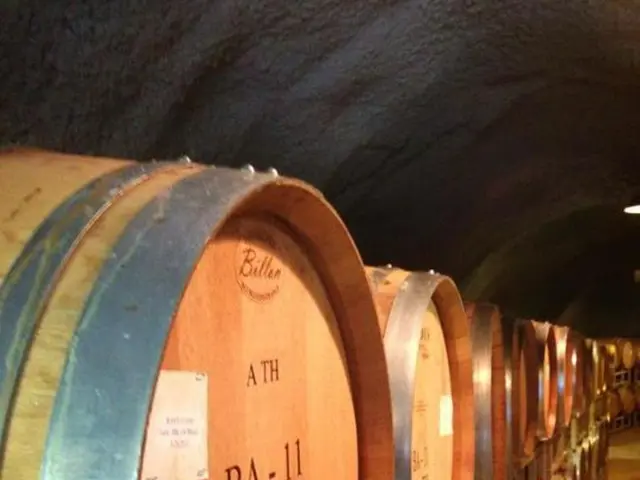Portugal unveils its largest solar energy facility
Neoen's Monster Solar Park in Portugal
Say hello to Portugal's biggest solar power extravaganza, murkily named the Rio Maior and Torre Bela Solar Power plants! With a whopping capacity of 272 MWp, these twin beasts are owned exclusively by Neoen. These solar titans are nestled in the municipality of Azambuja, connected to the REN substation in Rio Maior via a 400 kV overhead line. The power pair commenced pumping out electricity like bosses at the end of 2024 and are now fully personnel, ready to rock 'n' roll[1].
A whopping 80% of the juice these solar giants generate will be snatched up by the Portuguese State, inked in two 15-year power purchase agreements (PPAs) secured from the 2019 renewable capacity auction. The remaining energy, along with the certificates of origin, will be hawked on the electricity market. The yearly output from this solar megalodon will eclipse 500 GWh of electricity, enough to power more than 110,000 homes[2].
At the inauguration party, Neoen declared its intentions to expand its footprint across all renewable technologies (solar, wind, and storage) in Portugal, riding on its solid pipeline and global experience in spearheading large-scale battery energy storage projects. The solar duo just unveiled by Neoen, a global renewable energy powerhouse, takes the crown as its fourth-largest operational asset. Alongside the Rio Maior and Torre Bela solar plants, Neoen proudly boasts a Portuguese capacity of 326 MWp in operation or under construction. The collection includes the Coruche Solar Power Plant (8.8 MWp) and the Seixal Solar Power Plant (2.2 MWp), both operating, and the Foral Solar Power Plant (43 MWp), still under construction[3][5].
These solar goliaths were built on plots averaging 20 hectares, with green corridors sprinkled between them, promoting biodiversity protection. Over 6,000 cork oaks were saved in these sanctuaries, and to ensure a more elegant fit into the surroundings, a decorative curtain of trees and shrubs was planted around the perimeters of the plants, blending them into the landscape like a chameleon[4]. The Rio Maior and Torre Bela solar plants were cleverly developed within the walls of Herdade da Torre Bela, a versatile property hosting various agricultural and livestock activities. Herdade da Torre Bela is part of Sociedade Agrícola da Quinta do Convento da Visitação, Sag, Lda, and the solar park leased a chunk of this estate's territory, leaving the remaining land under the exclusive control of its owners[6].
[1] https://www.renewablesnow.com/news/portugal-connects-400-kvmv-line-leading-to-224mw-solar-park-644219/[2] https://www.solarserver.de/pm2/Neoen-become-a-major-player-in-Portugal-with-PV-on-and-off-the-grid-1024873[3] https://www.greentechmedia.com/articles/read/neoen-solar-portugal-ipso-facto[4] https://www.renewableenergymagazine.com/renewable-energy/photovoltaic/neoen-to-continue-growing-solar-Operations-in-portugal/[5] https://www.renescience.eu/interface/neoen/
The solar power extravaganza, known as the Rio Maior and Torre Bela Solar Power plants, owned by Neoen, generates 80% of its energy for the Portuguese State through two 15-year power purchase agreements (PPAs). The remaining energy is sold on the electricity market, contributing to the renewable energy industry. The environmental consciousness of the project is evident in the preservation of over 6,000 cork oaks and the integration of green corridors to promote biodiversity. The solar plants, nestled on the versatile Herdade da Torre Bela property, are part of Neoen's strategic expansion into various renewable technologies in Portugal. The projects add to Neoen's portfolio, with a combined capacity of 326 MWp in operation or under construction, making it a significant player in Portugal's renewable energy sector.







